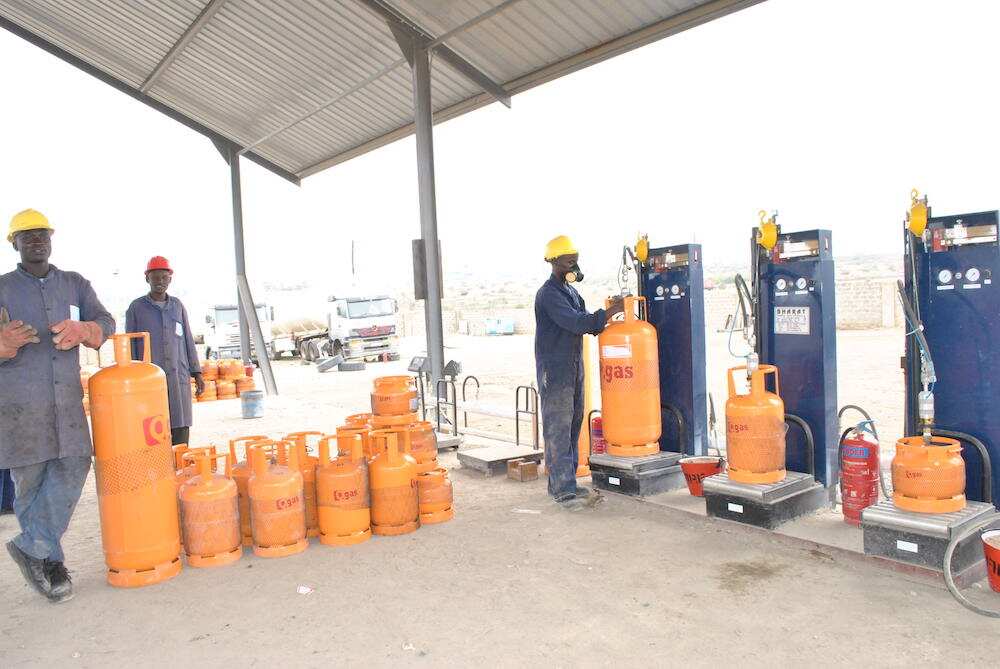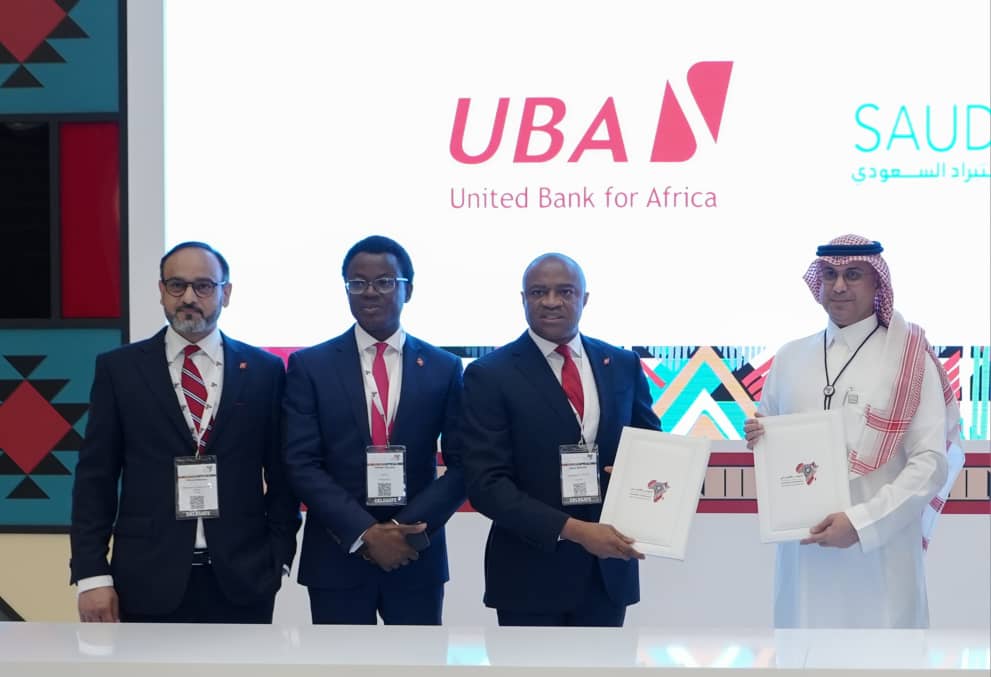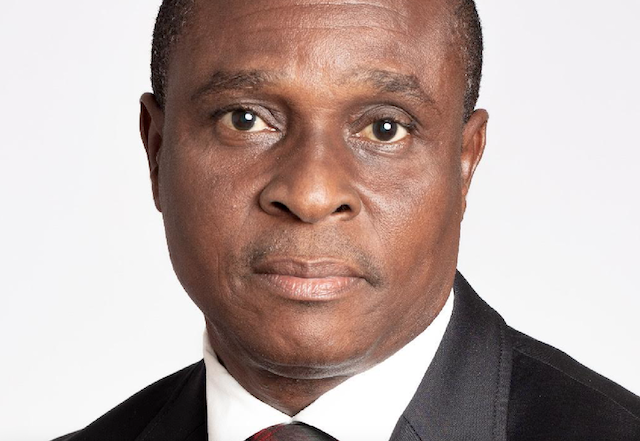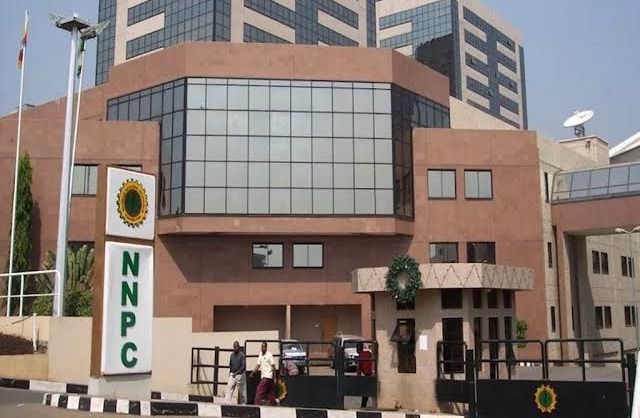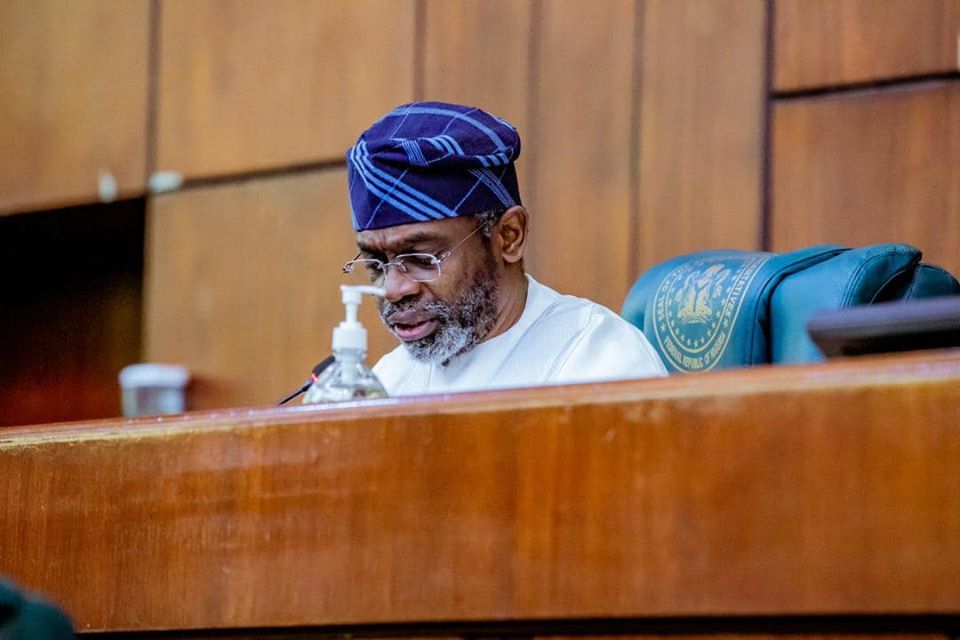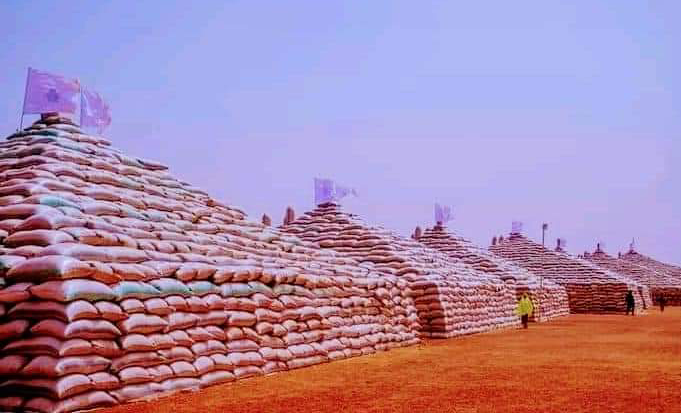Commodities, agricultural and food products are Nigeria’s forte or should be the real mainstay of the country’s economy given the vast cultivable lands and the markets for exportable packaged products. The rejection of Nigerian exports by oversea buyers has for long been one of the sorest points in the quest to earn more revenue from non-oil products.
What more can afflict the confidence of a producer than that his products are rejected by the same buyers who ordered them? So many questions to ask, but the major problem lies in quality assurance, pre-shipment testing and certification and export packaging. To be queried also is the quality of personnel and instruments, pre-shipment conditions and certification. For packaged products, are samples not sent to the ordering party prior to exports to ensure adherence to specification?
The Nigerian Export Promotion Council and Nigerian Export-Import Bank have a duty to address these serious lapses that have bedevilled the country’s businesses from flourishing in the export of finished goods. It should be blame game over for those agencies of government that have treated this matter with levity.
Projected to earn about US$ 30 billion by 2025, the non-oil export has performed woefully due to the authorities’ negligence in dealing with buyer concerns overseas. The Nigerian Export Promotion Council (NEPC) attributes this failure to inadequate training and exposure to export business in the international market and recommends export business training for those who wish to venture into it.
Export credit insurance and loss mitigation
Inasmuch as Nigeria is not planning to reinvent the wheel, export trade has a procedural template that works for other countries. Insurance is key both to import and export and meeting buyers’ demands is not rocket science. If an exporter, particularly of agricultural products has received a genuine order for products, it means the product as presented to the buyer is good enough. The problem of rejection by the buyer is a solution covered by an export credit insurance policy.
Export credit insurance provides protection against delayed payments or non-payment by buyers while trade credit insurance protects the exporter from the risk of products not being paid for as well as providing guided information from industry experts which is key to successful trade.
This facility provided locally by Nigeria Export-Import Bank (NEXIM) is put in place to encourage exporters to diversify their export markets without fear of the risks inherent in dealing with new buyers. It is also meant to win new enterprises into the export business. In a competitive international market, the insurance policy encourages exporters to ship products on credit.
According to NEXIM Bank, “export of goods wholly or partly manufactured in Nigeria and export of commodities, which are exportable under the laws of Nigeria,” are eligible for this credit insurance provided such exports are backed by contracts of supply.
Insurance cover types
There are mainly Pre-shipment covers and Post-shipment covers. Under most conditions, the two are issued as one policy covering pre-shipment and post-shipment risks. For goods not accepted by the buyer, NEXIM absorbs 68% liability. So the worrisome rejection of goods from Nigeria is almost 70% solved with an export credit insurance contract.
“If the cause of loss is non-acceptance of goods, the liability of NEXIM is limited to 68% of the loss or of the GIV, whichever is less”, the NEXIM policy assures.
The Ministry of Foreign Affairs is present in over 100 countries and most of the country’s embassies is staffed with economic attaché. This usually offers countries opportunities to leverage export from their home country because being physically present enables them to report back to export groups the existing standards and quality of products demanded or sold in those countries.
It may be official inefficiency that could be blamed for the inability of Nigeria’s exports when viewed against the background that many countries around the world not richly endowed with natural resources such as Nigeria have transformed their societies through export trade.
Both Ministry of Foreign Affairs and NEPC table the same excuse of denial of market access all the time without really exposing the quality of the same products sold in the countries where buyers reject Nigeria’s products.
Post shipment losses
Since most complaints centre on post-shipment rejection at the export destination, the government agencies should then work with NEXIM to work out an appropriate quality pre-shipment inspection strategy to avoid dampening the entrepreneurial spirit of exporters. Thereafter, deal extensively with the commercial risks attendant on exportable goods, particularly, agricultural products.
The commercial risks covered include;
∙ Payment default due to buyer insolvency
∙ Buyer’s refusal to accept the goods dispatched which conform to contract specifications. Indeed this aspect has been a source of concern to many Nigerians – even when goods conform to standards from the buyer’s country, products are still rejected owing to the largely exaggerated corruption image of Nigeria – the labelling and profiling of anything Nigerian.
However, in the event of non-acceptance of goods, the export has a waiting period of “one month after the date on which, the goods have been resold or otherwise disposed by the exporter”.
NEXIM also covers political and economic risks which sets off a “general moratorium on payment decreed by the government of the buyer’s country” and “any other measures or decisions of the government of a foreign country, which prevent performance of the contract.”
Up to 85% of losses of the Gross Invoice Value (GIV) are covered in both commercial and political events at export destinations that lie outside the buyer’s or seller’s control and occur outside Nigeria. Where a trade dispute ensues due to the liability of fulfilling the contract terms, the dispute shall be settled between the exporter and the buyer before NEXIM will consider a claim.
Collaborations
Undoubtedly, there is no lack of entrepreneurs ready to explore the export business but the government needs to show seriousness in addressing the major hurdles of competitiveness in all parameters – pricing, quality, delivery and appropriate business intelligence across countries where Nigeria has a presence.
Certainly, it is good news that the National Agency for Food and Drug Administration and Control (NAFDAC), is worried by the rejection of Nigerian exports and the attendant financial loss by exporters. Prof. Mojisola Adeyeye, the DG should also be informed that collaboration with NEXIM and other export credit insurers is key to solving this problem to encourage exporters.
At a recent event, the NAFDAC DG promised that “the rejection (of Nigerian exports) in some European countries and the United States of America may soon become a thing of the past if collaboration between the agency and other government agencies at ports is strengthened”.
Aside from the “deplorable state of export trade facilitation for regulated products leaving the country” and strengthening regulation of export-packaging, pre-shipment testing and certification, insurance must play a key role to reduce export product losses by businesses. Experts in export credit insurance ensure that all the precautions are taken before they issue policies for export risks.
Therefore, while sensing the call to duty and the necessary initiating of collaborative activities with government agencies at the ports, “to ensure goods are of requisite quality and meet the regulatory requirements of importing countries and destinations, do extend this to export trade insurance so you have the entire picture.
It is pertinent that the full list of collaborators comprising NEPC, NAFDAC, NEXIM, Customs and other stakeholders come together to make our exports good economic ventures.
Incentives
Many deals are initiated and concluded at trade fairs and thus, participation at NEPC-organized training courses, symposia, and seminars is essential. The Export Development Fund (EDF) Scheme was set up by the Federal Government of Nigeria under the Export (Incentives and Miscellaneous Provisions) Act CAP E19 Laws of the Federation, 2004 to provide financial assistance to exporting companies to cover part of their initial expenses with respect to export promotion activities.
These initial expenses include advertising and publicity campaigns in foreign markets. The entire bouquet of support granted by the EDF should ordinarily take care of the worries raised by all the agencies charged with facilitating export including the foreign affairs ministry.
The Export Development Fund, if really funded should provide “support for MSMEs exporting companies to undertake conformity assessment in the areas of Packaging, labelling, Standardization, Accreditation, Testing, Metrology, (traceability and calibration) Quality Certification, including ISO Management Systems (QMS ISO 9001, EMS ISO 14001 FSMS ISO 2200, OHSAS 18001 etc.), Fair Trade, Halal, Kosher, FDA and other relevant certifications etc.
To support MSME in the areas of pre-shipment quarantine issues such as standard and regulation, best agricultural practice, including post-harvest handling and Sanitary and Phytosanitary (SPS) issues.”
Looking at the array of support that the EDF provides, there can only be two issues that cause the rejection of our exports – qualified personnel providing quality assurance guidance and funding channelled at real exports.

